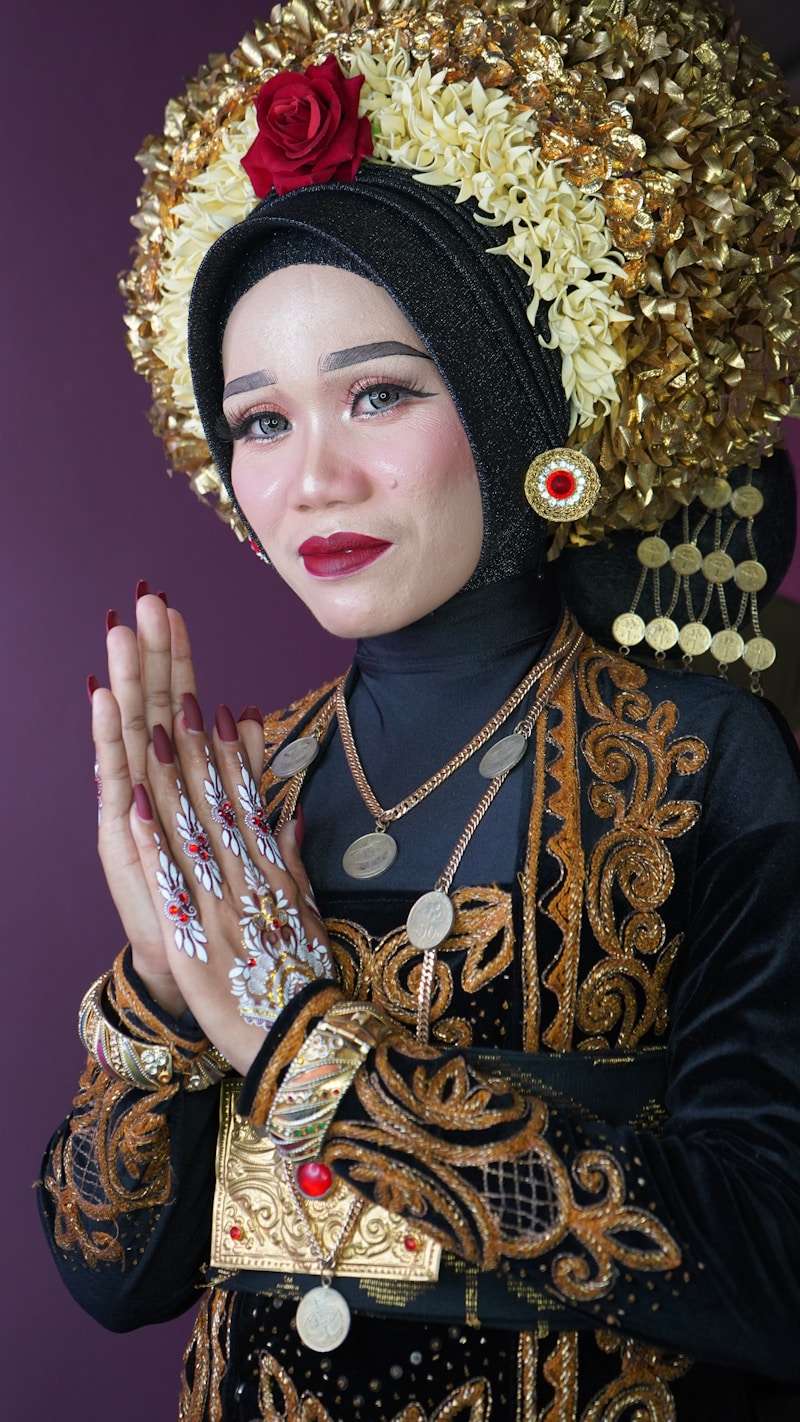Cultural Jewelry Traditions in Wedding Ceremonies
Weddings are a significant milestone in many cultures, and the symbolism behind these ceremonies often extends beyond just the vows exchanged. One of the most vibrant aspects of any wedding is the jewelry worn by the bride and groom, which is steeped in tradition and meaning. This article will explore various cultural jewelry traditions in wedding ceremonies around the world, examining how they reflect the values, beliefs, and artistry of different societies.
Understanding Cultural Significance
Jewelry in wedding ceremonies serves not only as adornment but as a vital component of cultural expression. Each piece often tells a story, carries blessings, or is tied to specific rituals. For instance, in many cultures, the act of wearing certain types of jewelry symbolizes the union's prosperity, fertility, and protection.
Global Overview of Wedding Jewelry Traditions
Across the globe, the essence of wedding jewelry can be categorized into several key traditions:
| Culture | Jewelry Type | Symbolism |
| Indian | Gold and Gemstone Jewelry | Wealth, prosperity, and femininity |
| Chinese | Gold Earrings and Necklaces | Good luck and prosperity |
| Jewish | Wedding Rings | Commitment and fidelity |
| African | Beaded Necklaces and Bracelets | Tradition, love, and family heritage |
| Western | Diamond Engagement Rings | Love and eternal commitment |
Regional Highlights of Wedding Jewelry Traditions
1. Indian Wedding Jewelry
In Indian culture, weddings are elaborate celebrations that often last several days. Jewelry plays an integral role, with the bride typically adorned in intricate gold pieces embellished with precious stones. These pieces, often referred to as 'Solah Shringar,' consist of various ornaments like necklaces, earrings, nose rings (nath), and bangles. Each piece has profound meaning, symbolizing prosperity and the bride’s femininity. Moreover, wearing certain pieces during the wedding ceremony is believed to ensure good fortune and blessings for the couple.
2. Chinese Wedding Jewelry
For Chinese weddings, jewelry often includes gold earrings, necklaces, and sometimes, jade pieces. Gold is highly regarded in Chinese culture, symbolizing wealth and good fortune. The bride usually wears a traditional red dress (qipao) along with ornamental jewelry to ward off evil spirits. Red envelopes containing money, known as "Hongbao," may also be adorned with gold jewelry, enhancing the symbolic wealth offered to the newlyweds.
3. Jewish Wedding Traditions
In Jewish weddings, the act of exchanging wedding rings is a sacred tradition. The ring is usually plain and made of gold, symbolizing purity and eternity. The groom places the ring on the bride’s finger while reciting a blessing, indicating his commitment and fidelity. Additionally, some Jewish customs include the tradition of wearing a "kittel," a white garment that can be adorned with jewelry, signifying purity and connection to tradition.
4. African Wedding Traditions
African weddings are rich in cultural heritage, and jewelry is used to celebrate this diversity. Beaded necklaces and bracelets are popular, often made by women within the bride's community. These pieces signify love, kinship, and the family's history, with colors and patterns reflecting specific tribal affiliations. Jewelry is considered a vital adornment that enhances the couple's celebration and helps preserve their cultural identity.
5. Western Wedding Traditions
In Western cultures, the diamond engagement ring is a well-established tradition. The significance of the ring lies in its representation of eternal love; the circular design symbolizes infinity, while the diamond stands for strength and durability. During the wedding ceremony, the couple often exchanges wedding bands, further solidifying their commitment. These rings are usually simpler in design but carry immense symbolic weight.
Frequently Asked Questions About Wedding Jewelry Traditions
- What materials are commonly used in wedding jewelry across cultures?
Common materials include gold, silver, platinum, and precious stones like diamonds, emeralds, and rubies. - Why is jewelry significant in wedding ceremonies?
Jewelry represents love, commitment, cultural identity, and often provides protection and blessings for the couple. - Are there specific designs for wedding rings in certain cultures?
Yes, designs vary widely between cultures, with some featuring intricate engravings while others remain plain. - Do wedding jewelry traditions change over time?
Absolutely; modern influences often lead to adaptations in traditional jewelry customs, merging contemporary styles with classic designs.
Conclusion: Embracing Cultural Jewelry Traditions
In conclusion, cultural jewelry traditions in wedding ceremonies offer a glimpse into the values, beliefs, and artistry of various societies. From the ornate gold jewelry in Indian weddings to the simple elegance of a diamond ring in Western cultures, each piece carries with it a unique story and significance. It is essential for couples planning their weddings to consider these traditions, as they may want to incorporate elements that honor their cultural background or speak to their personal beliefs. Embracing the rich tapestry of wedding jewelry not only enhances the beauty of the ceremony but also connects the couple to their heritage.
As you prepare for your wedding, think about the symbolism and meaning behind your jewelry choices. Opt for pieces that resonate with your personal story and cultural identity, ensuring that your wedding not only celebrates love but also pays homage to the traditions that shaped your journey. Remember, the jewelry you wear on your special day is not merely for adornment; it's a powerful symbol of your love and commitment.
